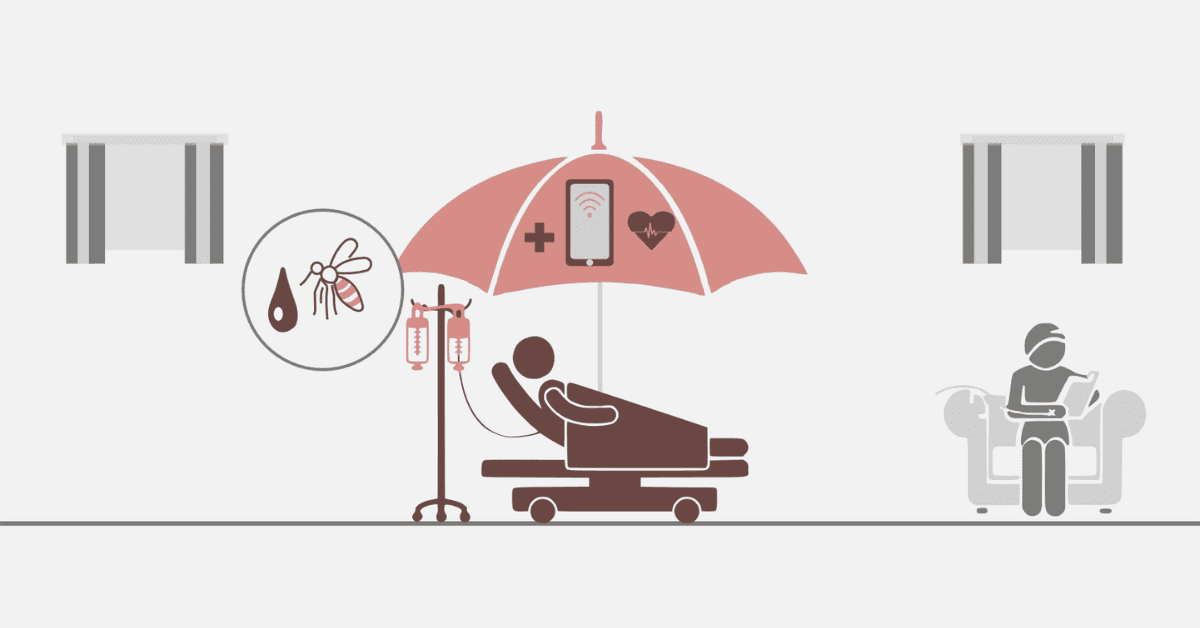Health-based coverage is an integral part of monetary planning, as it covers individuals and families with quality healthcare and protects them from the overwhelming expenses that might be incurred for medical emergencies. In SA, private-based health coverage becomes a lifeline since the public health system often struggles to cope with demand.
What is the best health insurance in South Africa?
What defines “the best” is a function of an individual’s needs about budget, health requirements, and personal preference. Many providers have impressive portfolios of offerings and good reputations. One of the largest providers is Discovery Health, which has numerous plans targeted at different income levels and healthcare needs. Its KeyCare and Classic Saver plans are very popular; this is quite reasonable considering the excellent coverage of the two offers concerning hospitalization and chronic illness.
The largest operator aside from them is Momentum Health Solutions, which is also praised for its affordability and flexibility. It offers a host of student plans, such as Evolve and Ingwe, targeting young professionals, young families, and others, with some offering cash back if one’s health is maintained in good condition.
Not to be left behind, there are Bonitas Medical Fund and Medshield. Bonitas has quite a comprehensive set of options, including the BonClassic plan, which covers everything from hospital stays to dental care. Medshield attracts those who need basic hospital cover but still want extra savings for day-to-day expenses with their MediSaver plan.
How Much Does Health Insurance in South Africa Cost per Month?
Health insurance rates in South Africa really range from provider to provider, as well as the type of plan and extent of coverage. Basic hospital plans start from about R1,239 per month, while a fully comprehensive plan can also go as high as over R18,000 each month.
For families, however, prices become rather steep. For example, a basic hospital plan, such as the Bonitas Hospital Standard, for a family of three would cost something in the region of R5,762. On the high end, the complete comprehensive plans, like Discovery Executive, can cost upwards of R18,000 but have a lot of benefits. For instance, unlimited hospital covers at top-tier rates and huge pools for savings to offset the costs of day-to-day medical expenses.
Income-based plans allow for more flexibility: Fedhealth’s MyFed plan is structured in terms of its premiums by income levels such that health insurance can become ‘more affordable for lower-earning households.’ If a member earns more than R14,427, he pays about R8,595 for this plan, which entitles him to unlimited hospital benefits at network providers, among others, and chronic illness coverage.
What is the Cheapest Hospital Plan in South Africa?
A number of the providers in South Africa offer affordable hospital plans that cater to individuals needing basic in-hospital cover without the added expense of day-to-day benefits.
Discovery Health’s KeyCare Core and KeyCare Start are some of the most affordable, with prices starting from R1,239 per member per month. These options provide you with access to network hospitals and essential services, covering you in case of emergencies and surgeries.
The most affordable option from Affinity Health would be their Hospital Plan, which offers coverage for private hospitalization, specialist services, and maternity care at about R1,258 a month.
For Accident and Trauma Cover, even the cheapest option, NetCare, goes for only R280 a month but is, of course, limited to only accidents and emergencies and, therefore, is without comprehensiveness or cover as demanded in a proper hospital plan.
The Genesis Medical Aid’s Med 100 Hospital Plan and the Momentum Evolve Plan grant value for money, too- approximate monthly premiums of R1,530 and R1,687, in that order. Both cover in-hospital expenses plus some additional benefits for network providers.
While seeking the cheapest hospital plan, do not forget to check what services will be critical for your health needs. As much as affordability may be considered a priority, adequate emergency and specialist care should at all times top the list.
What Differentiates Medical Aid from Medical Insurance?
The terms are usually used by people synonymously, yet they mean quite different things when considering how the healthcare system in SA is developed.
First medical aid: It’s a strictly controlled product mainly used to cover the payment for a wide array of services offered in hospitals, private patient care, chronic diseases, and day-to-day medicine needs.
Members contribute on a monthly basis into one pooled account, for which the scheme administrators pay all claims made against it. By statute, all medical aids have coverage for what is termed Prescription Minimum Benefits, including lifestyle and life-threatening conditions – chronic diseases and emergencies include medical aids.
Medical aids that would be said to be fully comprehensive will include but are not limited to the following: Bonitas BonEssential and Discovery Classic Saver. Medical insurance is narrower in the scope of coverage and thus not as expensive. It becomes focused on events such as hospital admission due to accidents or severe illnesses. Neither the PMBs nor the chronic conditions are covered by medical insurance. Plans that fall under this category are things like NetCare’s Accident and Trauma Cover or Affinity Health Hospital Plan.
The other key difference pertains to the structure of the payout: medical aid pays directly to service providers for the members to take no immediate cost for the care, whereas most medical insurances give a lump sum payout to their policyholder, who, in turn, settles directly with the respective bills.
Medical aid would be indicated for anyone requiring a comprehensive long-term health solution. Medical insurance will be most appropriate for any person who wants simple coverage at a relatively inexpensive price.
Closing Remarks
Health insurance is a key investment in South Africa to access quality health and reduce risks related to exposure to a medical emergency. Whether full medical aid or a hospital plan, the choice is yours, depending on your actual needs and the financial state you are in.

